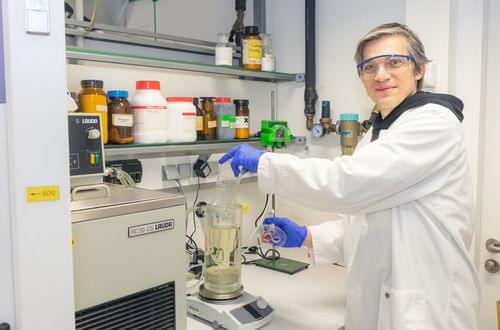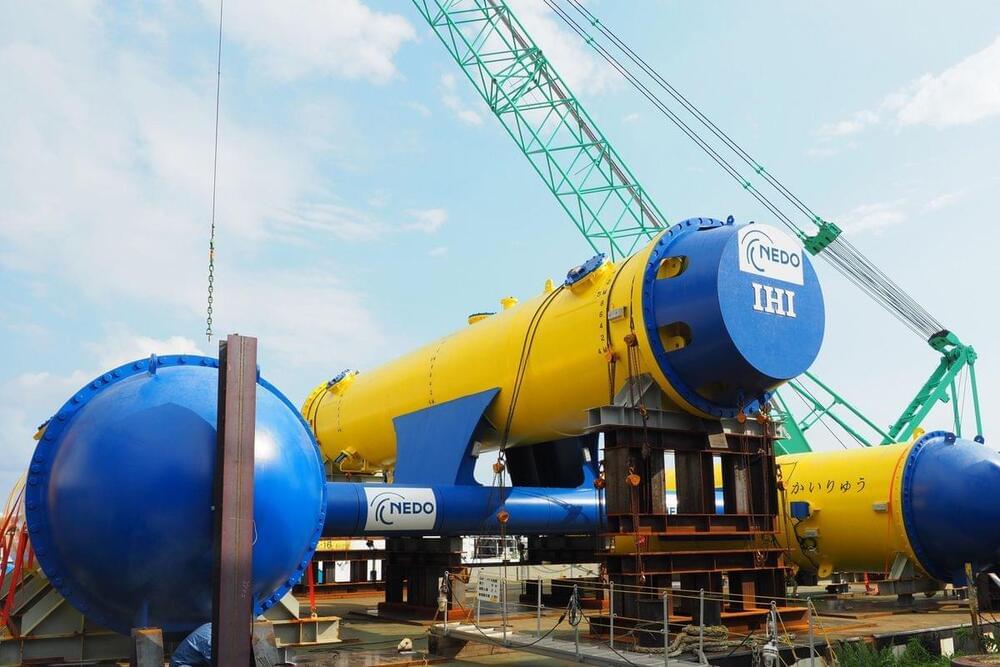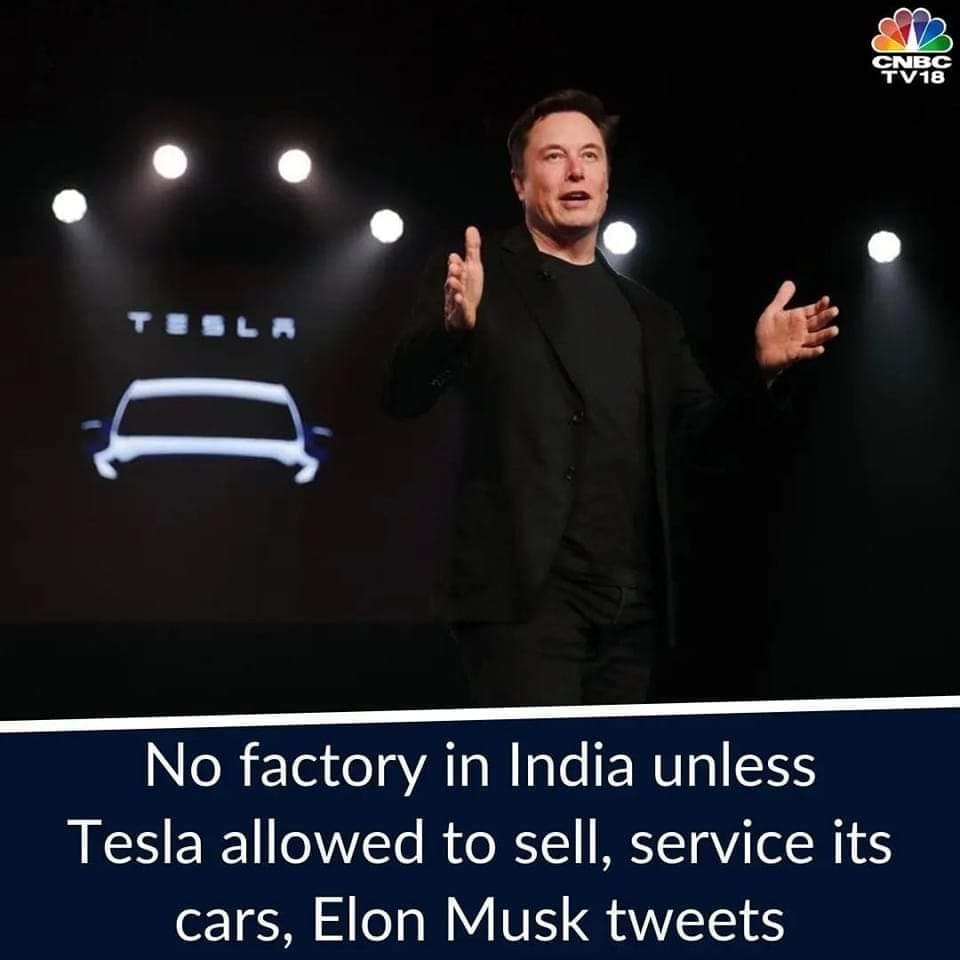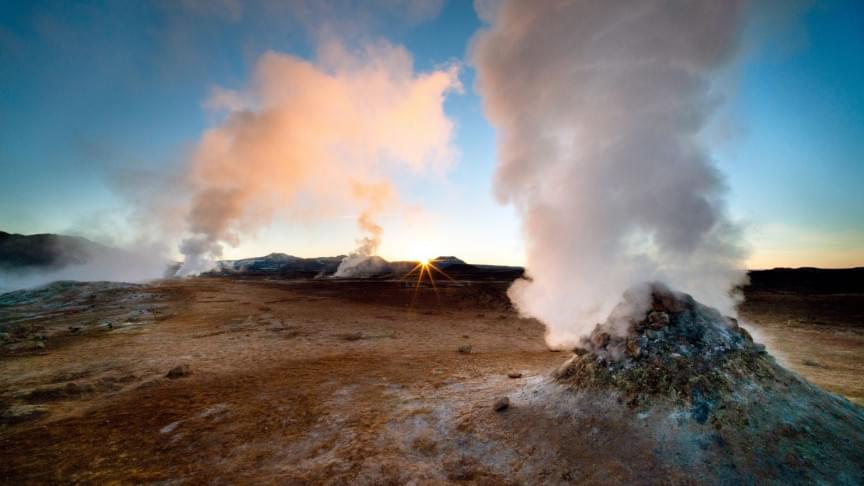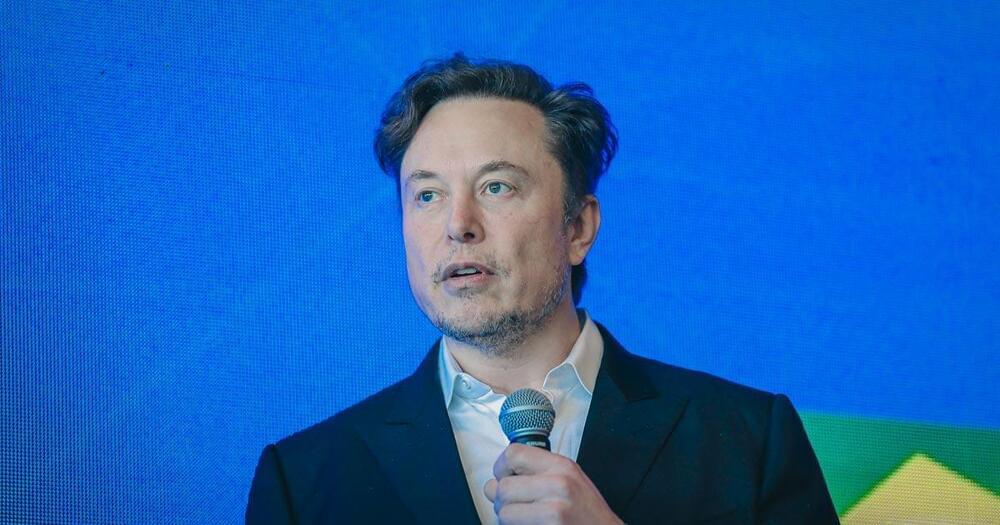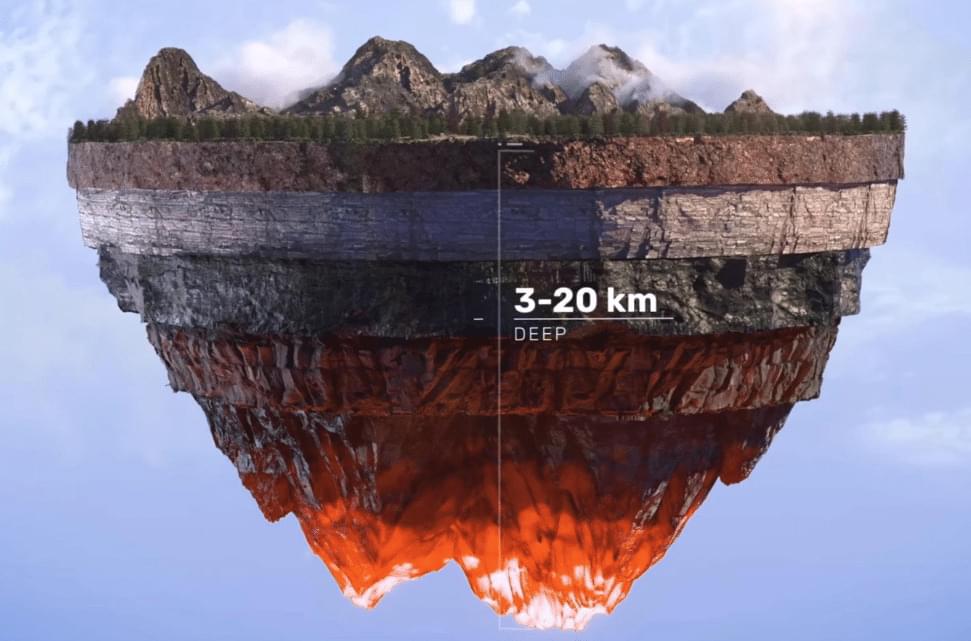Plastic bottles, punnets, wrap – such lightweight packaging made of PET plastic becomes a problem if it is not recycled. Scientists at Leipzig University have now discovered a highly efficient enzyme that degrades PET in record time. The enzyme PHL7, which the researchers found in a compost heap in Leipzig, could make biological PET recycling possible much faster than previously thought. The findings have now been published in the scientific journal “ChemSusChem” and selected as the cover topic.
One way in which enzymes are used in nature is by bacteria to decompose plant parts. It has been known for some time that some enzymes, so-called polyester-cleaving hydrolases, can also degrade PET. For example, the enzyme LCC, which was discovered in Japan in 2012, is considered to be a particularly effective “plastic eater”. The team led by Dr Christian Sonnendecker, an early career researcher from Leipzig University, is searching for previously undiscovered examples of these biological helpers as part of the EU-funded projects MIPLACE and ENZYCLE. They found what they were looking for in the Südfriedhof, a cemetery in Leipzig: in a sample from a compost heap, the researchers came across the blueprint of an enzyme that decomposed PET at record speed in the laboratory.
The researchers from the Institute of Analytical Chemistry found and studied seven different enzymes. The seventh candidate, called PHL7, achieved results in the lab that were significantly above average. In the experiments, the researchers added PET to containers with an aqueous solution containing either PHL7 or LCC, the previous leader in PET decomposition. Then they measured the amount of plastic that was degraded in a given period of time and compared the values with each other.
